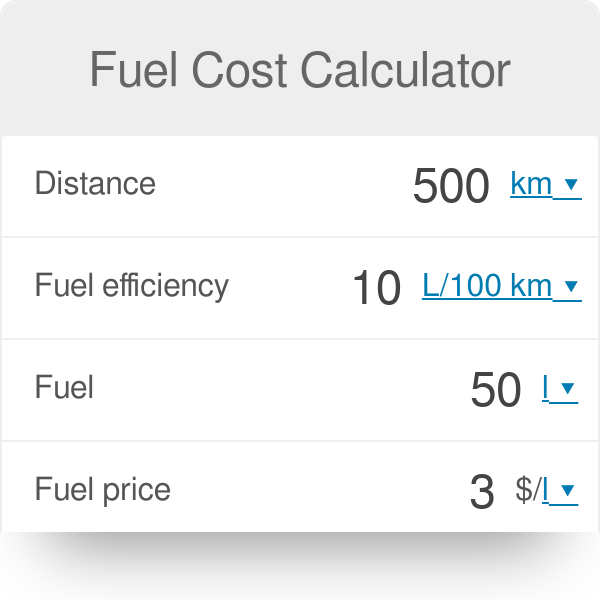An In-Depth Look at Repair Costs and Factors Influencing Expenses
Fuel lines are crucial components of a vehicle’s fuel system, responsible for delivering gasoline or diesel from the fuel tank to the engine. When these lines become damaged or deteriorate, they can compromise fuel efficiency, engine performance, and even pose safety hazards. Understanding the cost of replacing fuel lines is essential for any vehicle owner who encounters fuel system issues.

Image: daotaonec.edu.vn
Factors Influencing Replacement Costs
The exact cost of replacing fuel lines can vary significantly depending on several factors:
- Vehicle Make and Model: Different vehicles have unique fuel line configurations, which impact the complexity and cost of replacement.
- Fuel Type: Gasoline-powered vehicles typically have different fuel line requirements and costs compared to diesel-powered vehicles.
- Location of Damage: Fuel lines can be positioned in various parts of the vehicle, and accessing damaged lines located in hard-to-reach areas can increase labor costs.
- Severity of Damage: Replacing a single damaged fuel line is less expensive than replacing multiple or severely damaged lines.
- Labor Rates: The hourly labor rate of mechanics varies based on their location, experience, and the repair shop’s overhead expenses.
Average Fuel Line Replacement Costs
Based on these factors, the average cost of replacing fuel lines can range from $200 to $1,000. This includes the cost of parts, labor, and potential additional materials or diagnostics.
For a more accurate estimate, it’s best to consult with a qualified mechanic who can assess the damage and provide a detailed quote based on your specific vehicle.
Signs of Fuel Line Damage
Recognizing the telltale signs of fuel line damage can help you address the issue promptly and avoid more costly repairs:
- Fuel Leaks: Visible fuel leaks under the vehicle or within the engine compartment indicate a breach in the fuel lines.
- Fuel Smell: A strong fuel odor inside or outside the vehicle could suggest a fuel line leak.
- Engine Stalling or Rough Idling: Impaired fuel delivery due to blocked or damaged fuel lines can cause engine stalling or erratic idling.
- Increased Fuel Consumption: Damaged fuel lines can lead to reduced fuel efficiency as gasoline or diesel escapes through leaks.
- Check Engine Light: Modern vehicles may display a check engine light if fuel line issues affect engine performance.

Image: www.sportscarmarket.com
Importance of Regular Maintenance
Preventive maintenance is key to extending the lifespan of fuel lines and avoiding costly replacements. Regular inspections by a certified mechanic can identify potential issues early on, allowing for timely repairs.
Simple maintenance practices like using high-quality fuel, avoiding contaminated or stale gasoline, and adhering to recommended fuel filter replacement schedules can minimize the risk of fuel line degradation.
How Much Does It Cost To Replace Fuel Lines
Conclusion
Understanding the cost and factors influencing fuel line replacement can prepare vehicle owners for unexpected repairs. By recognizing the signs of fuel line damage, seeking professional assessments, and adhering to proper maintenance techniques, you can ensure a safe and efficient fuel system for your vehicle.